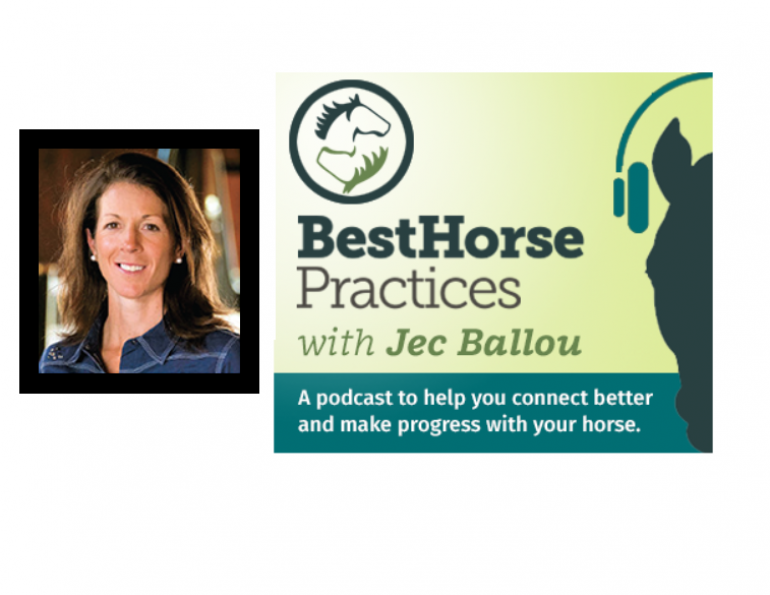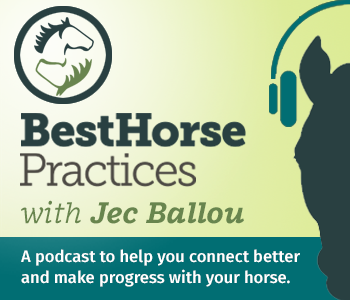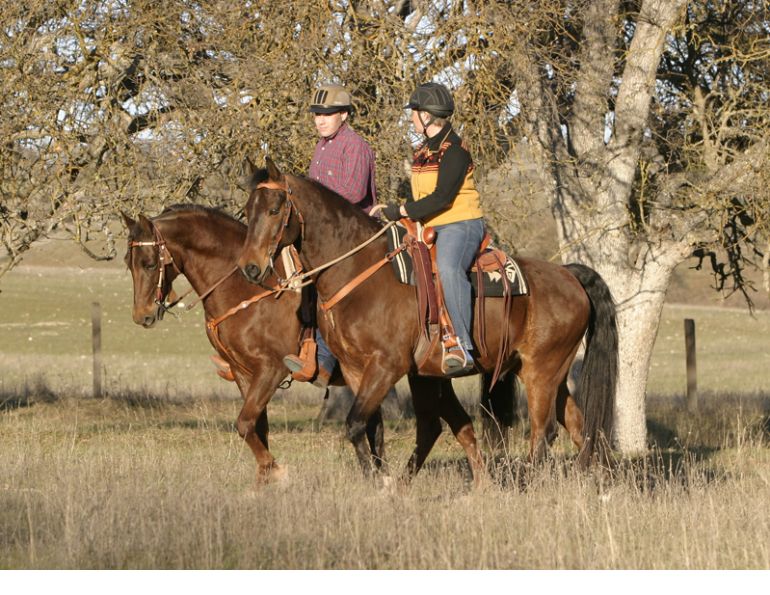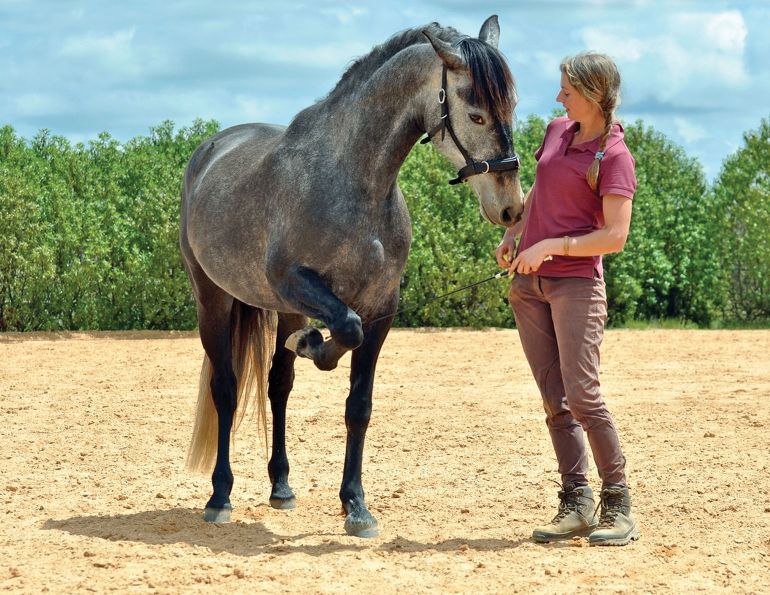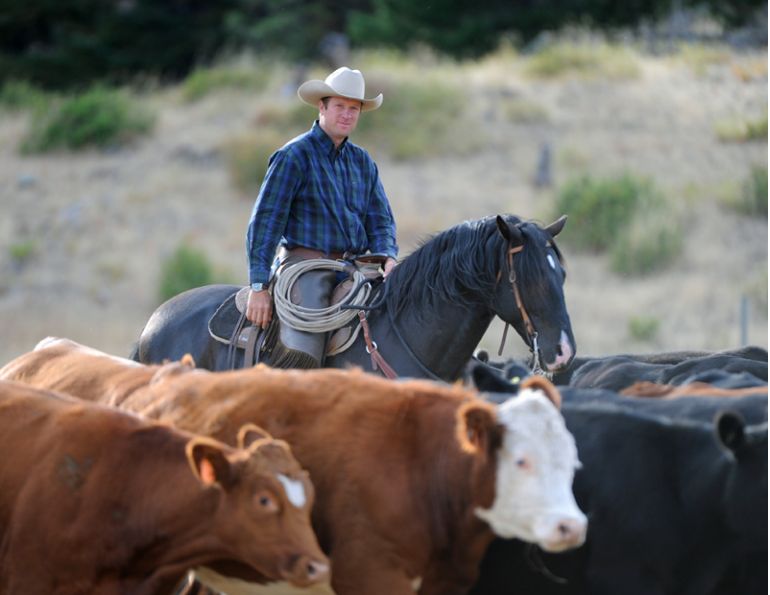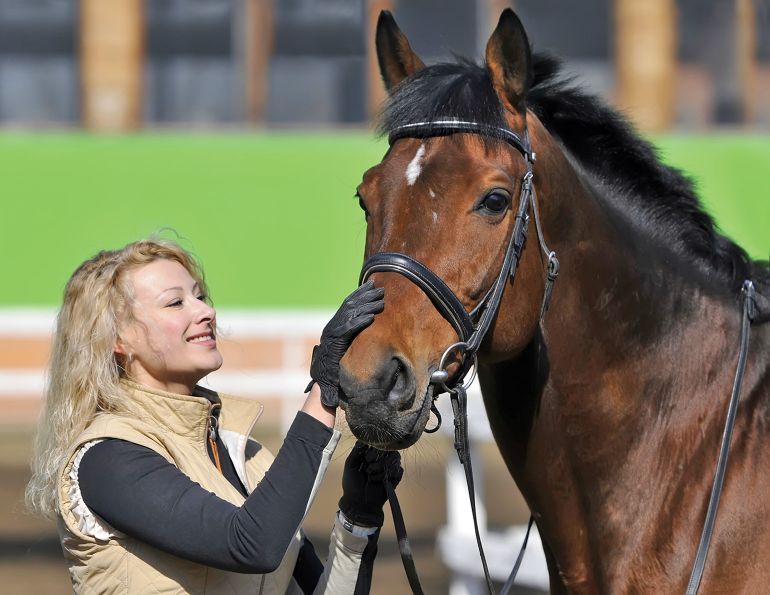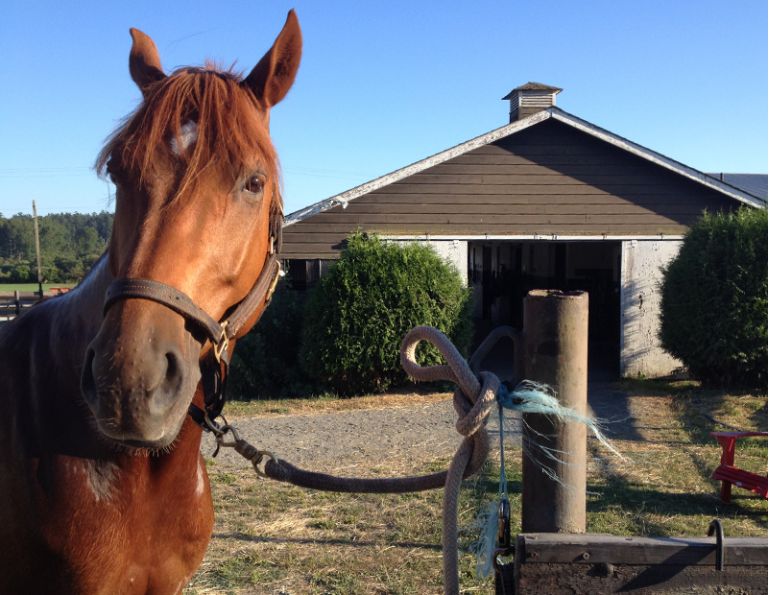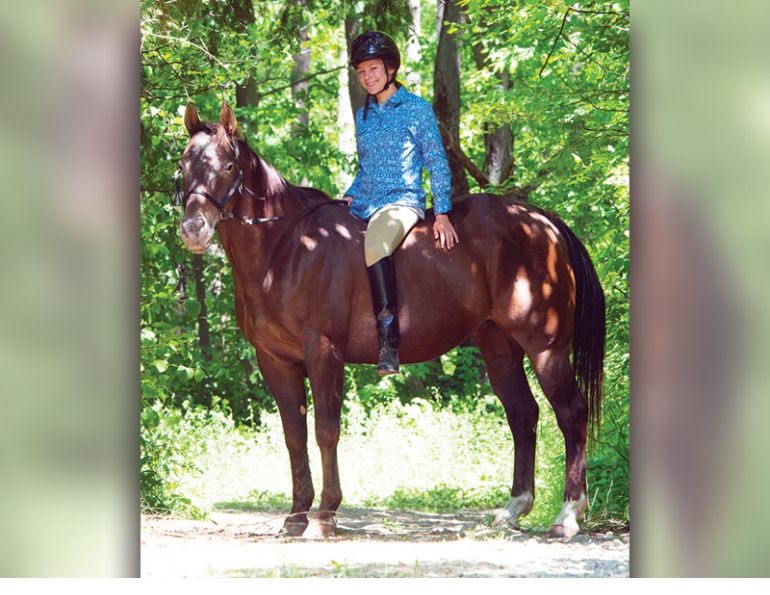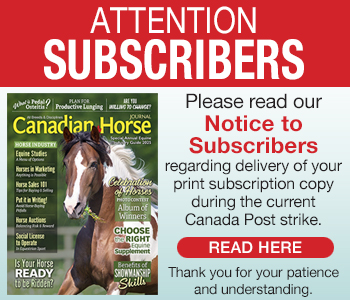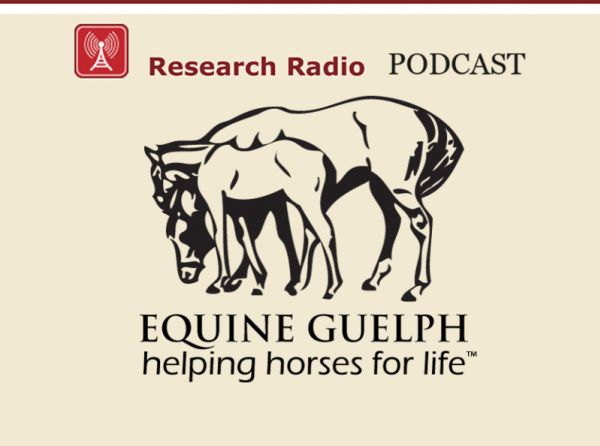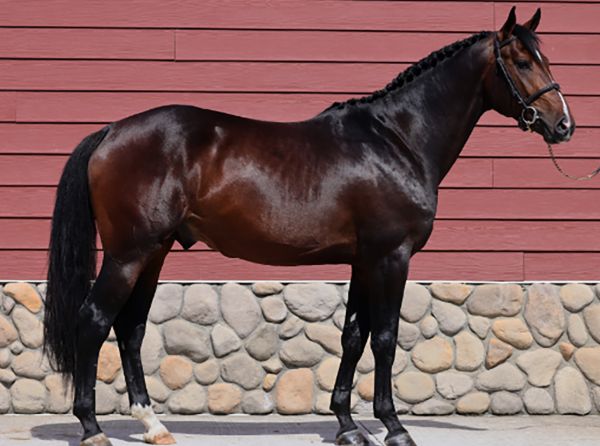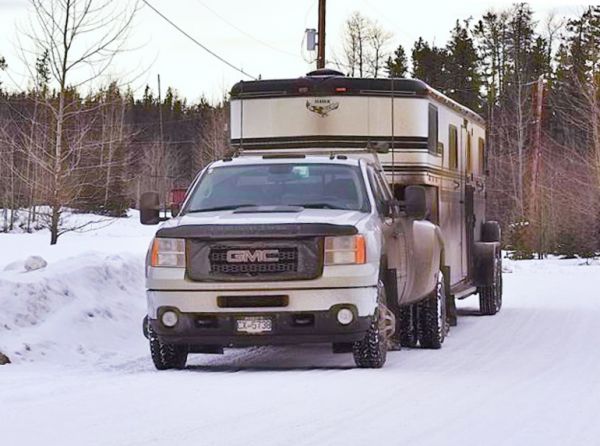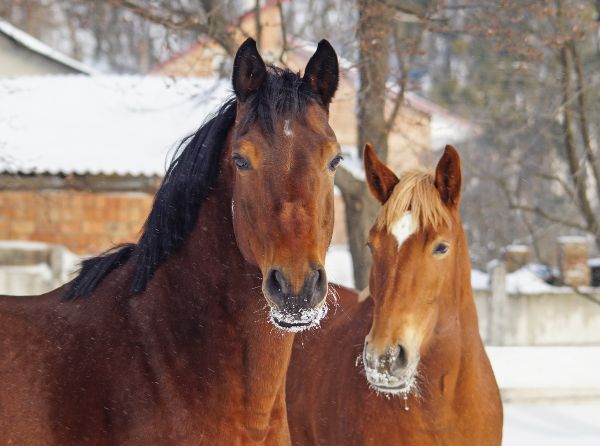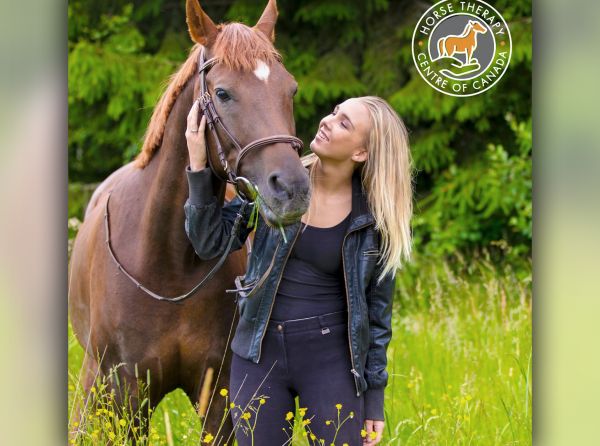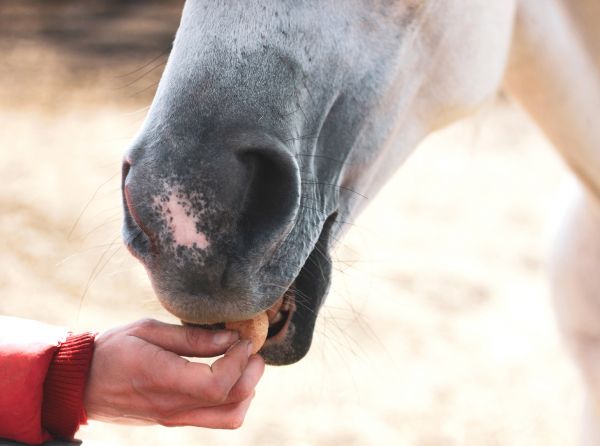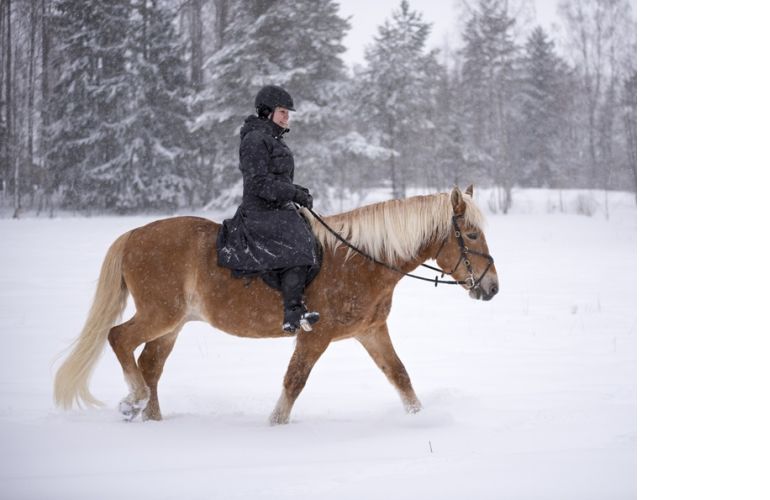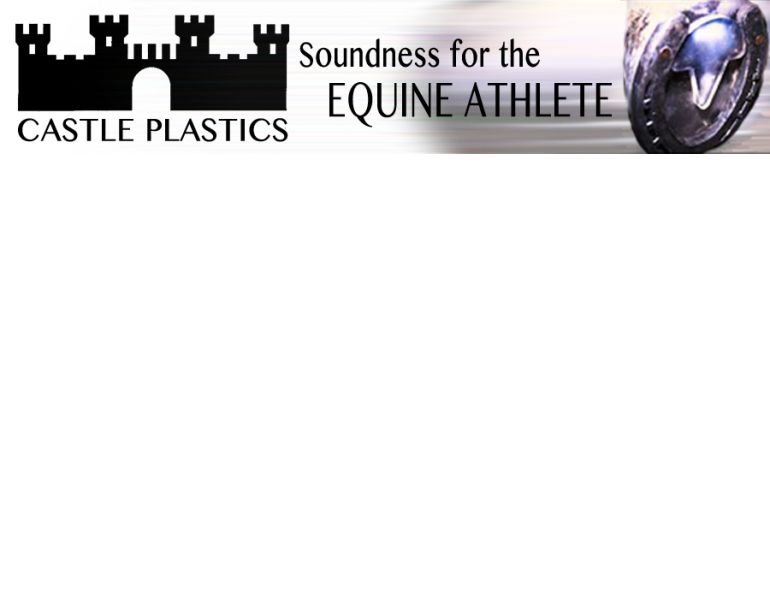By Anne Gage
A common problem that many horse owners have is dealing with a horse that doesn’t want to be caught. This is particularly frustrating when the horse will allow itself to be caught some days, but not others, or will come for the barn manager but not for his owner. The reason a horse does or doesn’t want to be caught is basically about the relationship between the owner and the horse.
Horses that like to be with their owners are okay with what happens to them after they are caught. They are willing to be caught and will often come up to us...no catching necessary.
Pay attention to the word we use when talking about getting our horses – “catch.” Predators catch their prey. But prey animals avoid being “caught” because their survival depends upon their ability to get away. Are you “hunting” your horse? What we ultimately want is for the horse to willingly come to us because he wants to be with us.
Here are three tips to apply if you have difficulty getting your horse from the paddock.
1. Push her away.
If your horse runs away when you walk towards her, push her around. Separate your horse from the rest of the herd by pushing her out of the group. Put yourself between your horse and the rest of the herd. Horses understand that being sent out of the herd is a punishment for inappropriate behaviour. A rude horse will get pushed out of the herd by a higher ranking horse and kept out until she shows signs of respect. The horse will stop trying to run back into the herd, face up, stand with front feet square (a sign of not needing to move), and give a bow. This tactic may take a lot of effort on your part the first few times you try it. Your horse may not give in easily. But the effort pays off in the long run.
2. Walk towards the shoulder not the head.
Horses do not like impulsive (pushing) energy going towards their head or neck. If you walk directly towards your horse's head, your horse will move her head away from you. As the head turns away the body generally follows and the horse moves away from you. Horses move in arching paths. Walk a “rainbow” that arches away from her head and towards her shoulder. Horses read your entire body so be aware of your body alignment so that there is no push from your hips, core or shoulders towards the head or hips.
3. Analyze your relationship with your horse.
|
Instead of walking directly towards your horse’s head, which will cause the horse to move her head away from you, walk a “rainbow” that arches away from her head and towards her shoulder. |
If your horse enjoys your company and feels good about being with you, she will leave her herd mates to come to you. If your horse does not enjoy spending time with you, then you need to take a hard look at how you are treating your horse when you are handling, grooming, and riding her. Is she engaged with you in a positive way and being a willing partner both on the ground and in the saddle? Or is she stressed, angry, resistant, or shut down?
Developing a relationship with your horse based on mutual trust and respect creates positive, lasting results but requires consistent awareness, good body language, and empathy. The real diagnostic question is “Why doesn’t the horse want to be caught?” The reason is ultimately about the relationship between the owner and his/her horse. Horses that like what happens to them when they are with you (i.e., how they are handled, led, groomed, tacked, ridden) don’t need to be “caught.” They give themselves to you.
Article Source: www.EzineArticles.com
Anne Gage is a Gold Level trainer certified in the Chris Irwin method of horsemanship. She teaches adult riders to confidently work with their horses, improve their riding skills, and bring the joy back into their riding experience. Her training and coaching methods are based on building mutual trust and respect between horse and human. Anne coaches and trains clients out of High Point Farm near Orangeville, Ontario, in Canada, and also travels to other locations giving one and two day clinics, workshops, and private sessions. For more information, visit her website www.annegage.com.
The Certified Horsemanship Association also offers some great info on this topic: Check out this video Catching a Horse in a Herd. Or their radio show on ground handling issues and catching a hard to catch horse in a pasture, talked about by Dale Rudin.
Main Photo: 137415597 - iStockphoto-dabyg





